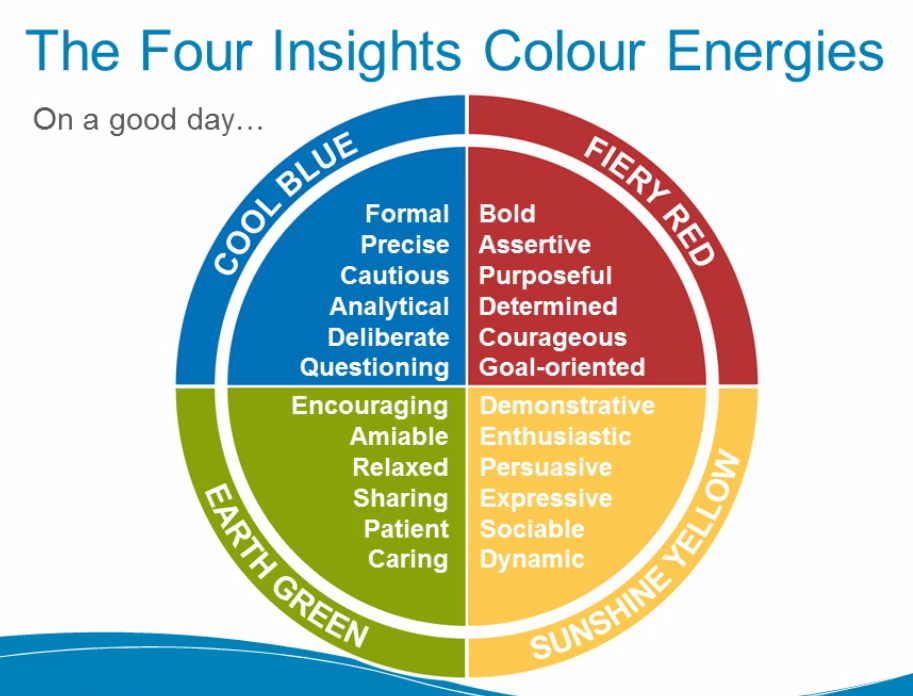Ask Lemmy
A Fediverse community for open-ended, thought provoking questions
Rules: (interactive)
1) Be nice and; have fun
Doxxing, trolling, sealioning, racism, and toxicity are not welcomed in AskLemmy. Remember what your mother said: if you can't say something nice, don't say anything at all. In addition, the site-wide Lemmy.world terms of service also apply here. Please familiarize yourself with them
2) All posts must end with a '?'
This is sort of like Jeopardy. Please phrase all post titles in the form of a proper question ending with ?
3) No spam
Please do not flood the community with nonsense. Actual suspected spammers will be banned on site. No astroturfing.
4) NSFW is okay, within reason
Just remember to tag posts with either a content warning or a [NSFW] tag. Overtly sexual posts are not allowed, please direct them to either [email protected] or [email protected].
NSFW comments should be restricted to posts tagged [NSFW].
5) This is not a support community.
It is not a place for 'how do I?', type questions.
If you have any questions regarding the site itself or would like to report a community, please direct them to Lemmy.world Support or email [email protected]. For other questions check our partnered communities list, or use the search function.
6) No US Politics.
Please don't post about current US Politics. If you need to do this, try [email protected] or [email protected]
Reminder: The terms of service apply here too.
Partnered Communities:
Logo design credit goes to: tubbadu
view the rest of the comments


Probably an attachment style test. Attachment theory is empirically valid, and knowing your attachment style can help you understand relationship patterns: communication, behaviors, emotional needs, etc.
After that, the love languages are a good start to a conversation. Essentially they can help you figure out how you prefer to be cared for, and how you tend to show that you care. The categories themselves are arbitrary, and they're based on observations by a baptist minister who offered relationship counseling. He's not a licensed mental health professional, and the love languages aren't empirically based. One issue I have with his book is that he claims that men tend to have "physical touch" as their love language, and that women should have more sex with their husbands to help them feel loved.
The Big Five personality traits are the most valid of the popular personality tests, but I didn't feel like they helped me understand myself more.